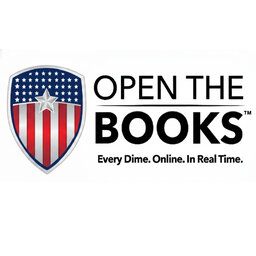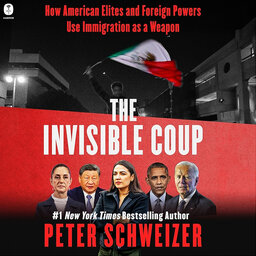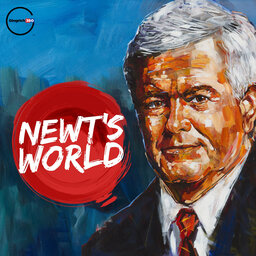Episode 760: Get the Jew – The Crown Heights Riot Revisited
Newt talks with filmmaker Michael Pack about his new documentary, "Get the Jew: The Crown Heights Riot Revisited,” which examines the 1991 Crown Heights riot in New York City, the worst antisemitic riot in American history. The riot was triggered by a car accident involving a Hasidic Jewish driver and a black child, leading to violent attacks on the Jewish community. The documentary, part of the Wall Street Journal's Opinion Doc series, explores the historical context of Crown Heights, the racial tensions, and the media's portrayal of the events. Newt and Michael discuss the political and social implications of the riot, the role of the media, and the ongoing issue of antisemitism. Watch the film here: https://www.youtube.com/@WSJopinion
In 1 playlist(s)
Newt's World
Join former House Speaker, professor, historian, and futurist Newt Gingrich as he shares his lifetim…Social links
Follow podcast
Recent clips

Episode 948: ‘Moneyball’ for Politics
30:34

Episode 947: Will AI Take My Job
28:22

Episode 946: Peter Schweizer on “The Invisible Coup”
34:50
 Newt's World
Newt's World